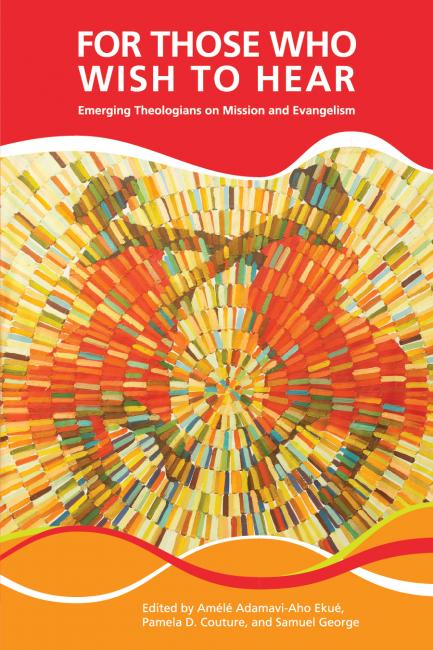Displaying 1 - 15 of 15
HIV and AIDS Civil Society Networks and the Faith Sector
Lessons Learnt from Strategic Engagement in India, Dominican Republic, Indonesia, and Jamaica
31 January 2023
Together in the Mission of God
Jubilee Reflections on the International Missionary Council
21 August 2022
Called to Transformation - Ecumenical Diakonia
09 June 2022












